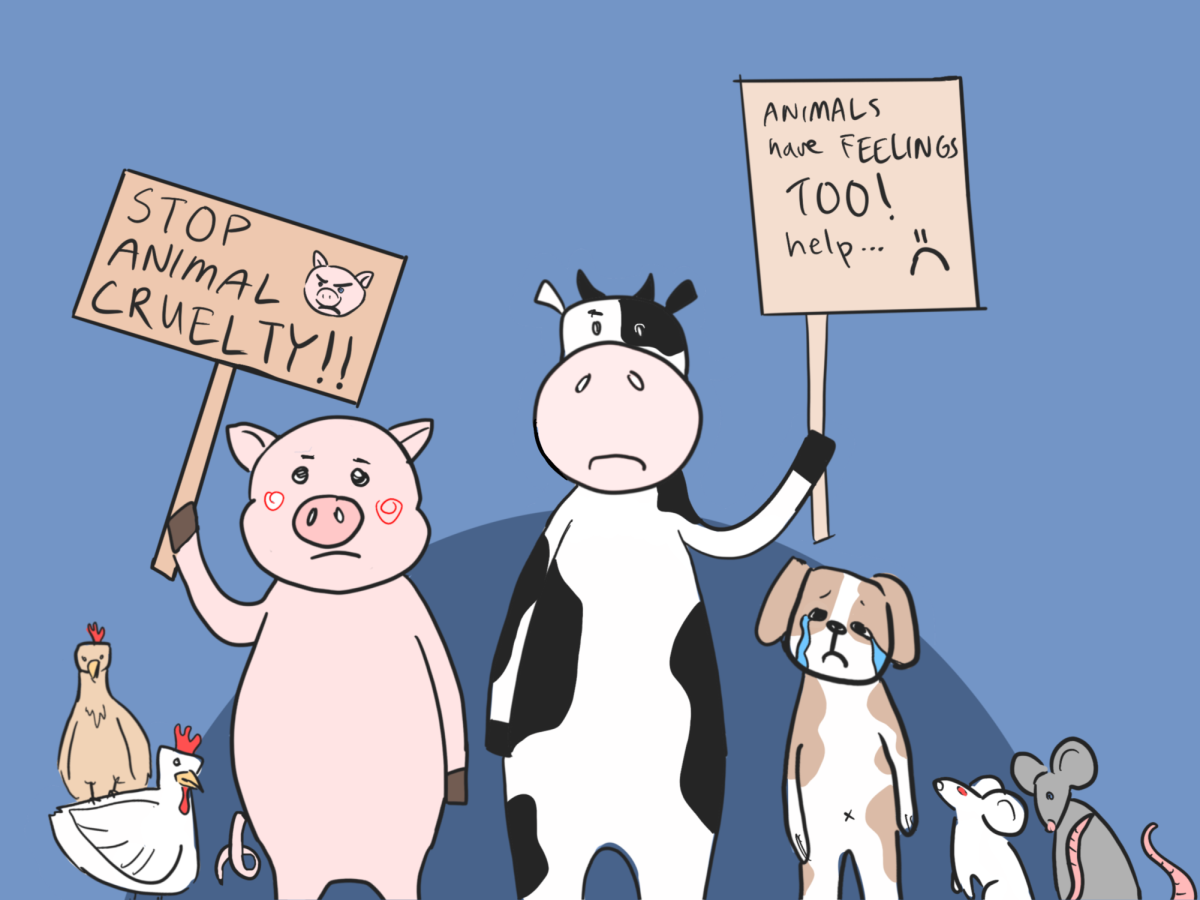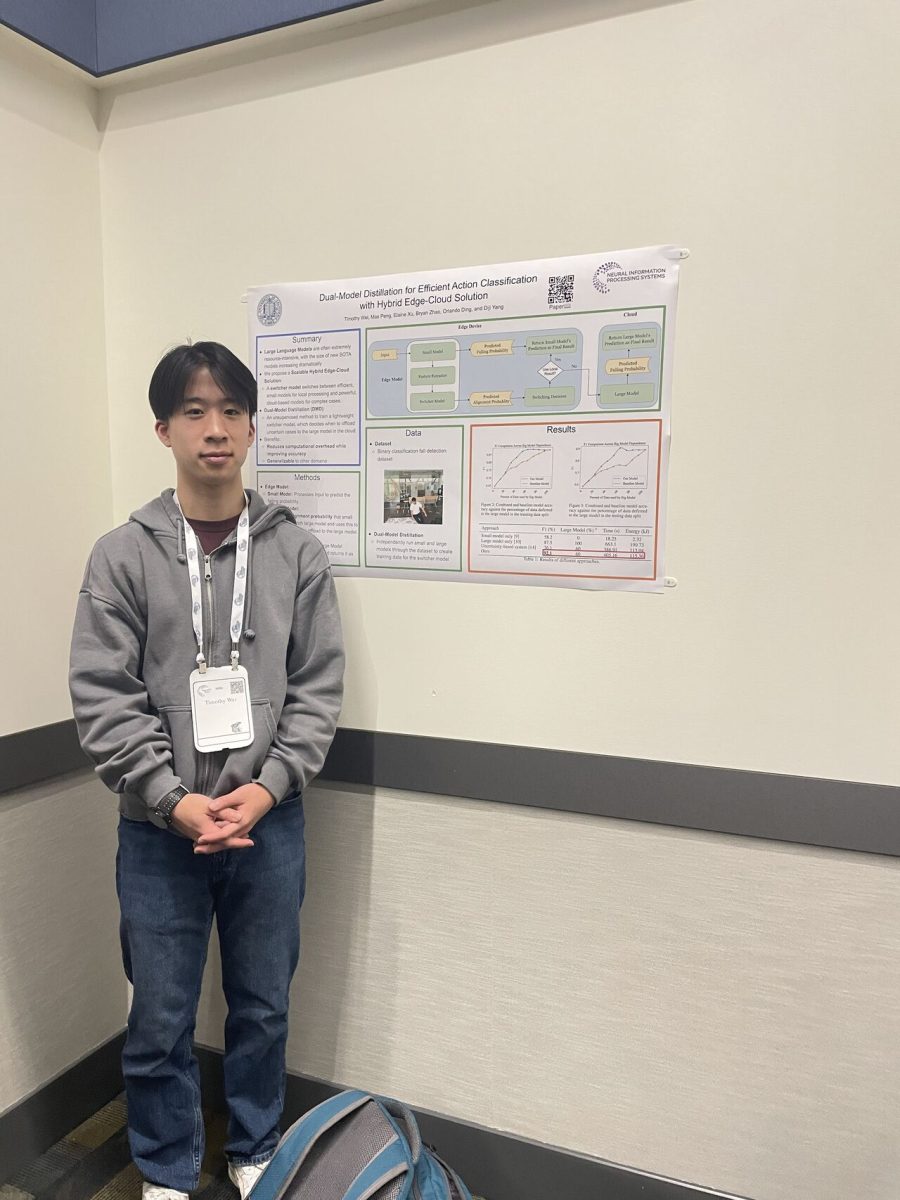On this year’s California ballot is Proposition 34, an initiative statute that claims to increase direct funding to patient care by restricting expenditures elsewhere. While the idea of spending more money on patients looks appealing, the reality is that this proposition only aims to target one group, the AIDS Healthcare Foundation (AHF), for their support of Proposition 33, a controversial rent control measure. For this reason, people should vote against this proposition.
First, here’s what Prop 34 claims to do. It would require 98% of the revenue generated from the federal drug discount program to go to patient treatment. The penalties for health care entities that fail to abide by these policies would be the loss of funding, eligibility and operating under the status of being a healthcare entity for 10 years. Essentially, the health-care provider would be crippled and would likely shut down as a result. People need to vote no on Prop 34 for the potential risks it would bring.
Additionally, the proposition will put Medi-Cal Rx, which is Medi-Cal’s current system for running the low-cost drug program, into state law. Though manageable drug prices sound appealing after many rough years of inflation in recent times, this will have little actual effect and, according to the CA legislative analyst’s office, “does not change the current approach Medi-Cal uses to pay for drugs.” This aspect of the proposition only serves to attract voters, but has no substance in actuality.
People would also potentially be seeing millions of dollars go toward enforcing Prop 34, and only a portion of these costs are going to be covered by the affected health-care providers.
Aside from the uncertain fiscal effects of this proposition, Prop 34 specifically targets licensed health-care entities that are large enough to meet the requirements, which describe entities that spend more than $100 million over 10 years on expenditures aside from patient care. In practice, this would only apply to the AHF. Among the endorsements of Prop 34 include the California Apartment Association (CAA), which is seeking to restrict the ability of the AHF to allocate funding toward advocating or campaigning for legislation.
Though the supporters never mention it in the official voter guide, the true intentions of this proposition are pretty clear: there are even editorials on the Yes on Prop 34 website detailing that the attack is meant to hurt the AHF, explicitly instructing readers to simultaneously vote for Prop 33 (of which the AHF is a vocal proponent of) and against Prop 34. Attempting to silence the AHF will set a harmful precedent for what could happen to other non-profit organizations trying to support other legislation.
In attempting to cripple the AHF, the penalties would also have the effects of disincentivizing organizations to participate in the federal drug discount program in order to pay off fees, which would raise overall drug prices and actually harm patients.
Through its roundabout and misleading methods, Prop 34 works to target the AHF for their support of Prop 33. As appealing as its proponents attempt to portray, the reality of the proposition is that it was founded only on the basis of harming the AHF’s ability to advocate for legislation, not as an independent proposition that can have targeted impact. Voters should oppose this proposition because among other unforeseen fiscal effects, taxpayer money is still expected to be spent in enforcing such regulations, all while it promises little to actually enhance patient care.






























Alan • Nov 10, 2024 at 6:20 pm
Counter-argument: the AIDS Healthcare Foundation is spending money on campaigning for affordable healthcare. Shouldn’t it spend money on patient treatment instead?